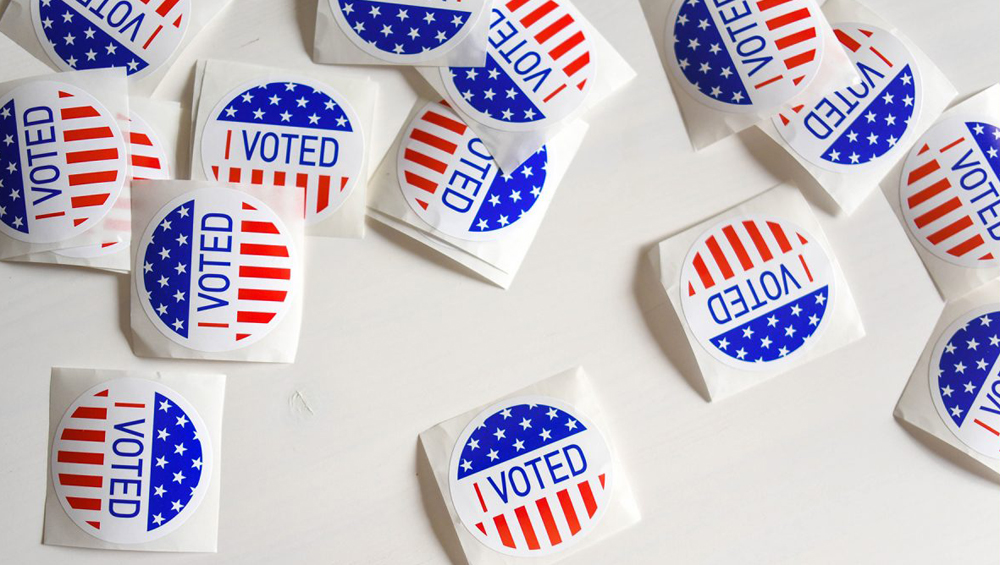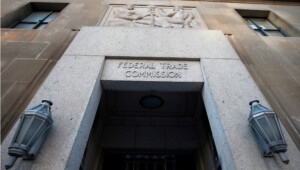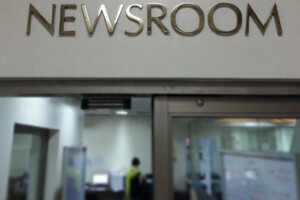Reminder: 2021 Includes State, Local Elections

While most stations don’t think about the FCC’s political broadcasting rules in odd numbered years, they should — particularly in connection with state and local political offices. There are elections for governor in November in Virginia and New Jersey, and all sorts of state and local elections in different parts of the country. These include some mayoral races in major US cities. Some of these local elections don’t even occur in November — and there are even a few that are taking place as early as next month. Most of the political rules apply to these state and local electoral races so broadcasters need to be paying attention.
Broadcasting Legal Issues To Survive Primaries

This presidential primary race has already seen unprecedented amounts of advertising on stations, including through network advertising buys. Based on campaign announcements made in recent days, the advertising is likely to only increase as we move to the Super Tuesday states. As the Democratic party nomination race heats up, broadcasters are likely to continue to see a flood of political buys, as candidates, PACs and other groups try to get the last word before the voters go to the polls. Here are four issues that broadcasters should be considering in this active, condensed broadcast season:
Election Season In High Gear For Broadcasters

While political broadcasting never seems to be totally off the airwaves, the 2020 election season is about to click into high gear, with the window for lowest unit rates to begin on Dec. 20 for advertising sales in connection with the January Iowa caucuses. The beginning of the LUR window in Iowa is but the first of a rapid many political windows that will be opening across the country as the presidential primaries move across the country.
Political Broadcasting Issues To Consider Now
The 2020 presidential elections already loom large. With the first debate among the 20-plus candidates scheduled for late June, it seems like we have a real election already underway — and it is time for broadcasters to start thinking about their political broadcasting obligations under FCC rules and the Communications Act, and begin to make plans for compliance with them.
The Latest On Political Broadcasting Rules
With primaries in some states happening as soon as March, the 2018 election cycle is certain to be contentious and hard-fought. Now is the time for broadcasters to review their systems to ensure that they will be in compliance with the FCC’s political advertising requirements. The FCC’s political broadcast rules generally cover: 1) who is entitled to access to broadcast advertising time; 2) how much they pay for that time; and 3) disclosure and recordkeeping requirements. Here’s a look at each of those areas.
FCC Political Rules Apply To Off-Year Elections
In odd years like 2017, most broadcasting stations don’t think about the FCC’s political broadcasting rules. But they should –– both for special elections to fill open seats in Congress, and for state and local political offices.










































